Possessing a crinkly yet boyish face and sparkling blue eyes, quintessential cowboy Richard Farnsworth began working as a stuntman and extra in the movie industry during the late 1930s. After forty years of relative anonymity, the ultimate late bloomer matured into one of Hollywood's archetypal aging country gentleman.
Already making his living as a rodeo performer when he answered a casting call for 500 Mongolian horsemen, the Los Angeles native subsequently made his film debut as a stunt rider in "The Adventures of Marco Polo" (1938), starring Gary Cooper. Farnsworth continued on the rodeo circuit for another decade before concentrating exclusively on films, beginning with Howard Hawks' "Red River" (1948) and eventually appearing as a stuntman in more than 300 films.
Some of his more notable feats included changing horses on the run in "The Pony Express" (1953) with Charlton Heston, driving a chariot in Cecil B DeMille's 1956 remake of "The Ten Commandments," doubling for Henry Fonda in Anthony Mann's "The Tin Star" (1957), and riding and fighting as a gladiator in Stanley Kubrick's "Spartacus" (1960), not to mention numerous exploits for Western TV series like "The Adventures of Wild Bill Hickok" (syndicated), "Zorro" (ABC), "Bonanza" and "High Chaparral" (both NBC).
Though he had spoken a word here or there as a heavy getting ready to throw a punch, Farnsworth landed his first significant speaking role as the stagecoach driver in "The Duchess and the Dirtwater Fox" (1976), a Western comedy starring Goldie Hawn and George Segal. Retiring from stunt work to focus solely on acting in 1977, he received a richly deserved Best Supporting Actor Oscar nomination for his startlingly sensitive portrayal of Jane Fonda's aging hand in Alan J Pakula's "Comes a Horseman" (1978).
A welcome presence in any film, he marked time as a supporting player in "Tom Horn" and "Resurrection" (both 1980) and "The Legend of the Lone Ranger" (1981) before finally getting his chance to shine in the lead role of Phillip Borsos' "The Grey Fox" (1982), a beautifully photographed, gently elegiac meditation on the passing of the old West in Canada. His charming, commanding performance as real-life stagecoach robber Bill Miner, who switched to robbing trains after 33 years in jail, proved he could carry a movie.
Unfortunately, there were few leading roles for a man in his age range, though he did get to strap on his six-shooter and teach Michael Pare and his fellow outlaws a thing or two as star of the sci-fi Western "Space Rage" (1987), a critical bomb that barely surfaced in theaters on its way to the video racks.
Following his triumph as "The Grey Fox," the charismatic Farnsworth graced the casts of Barry Levinson's "The Natural" (1984) and John Landis' "Into the Night" (1985), then returned to Canada for an acclaimed turn in the popular four-part "Anne of Green Gables" (1986), which aired as part of PBS' "Wonderworks." As half of the brother-sister team (opposite Colleen Dewhurst) that takes on the titular charge, he initially opposed having a girl instead of a boy who could help around the farm but gradually warmed to Anne, doing many kindnesses for her before passing away.
Of his three 1990 films (also "Havana" and "The Two Jakes"), "Misery" showed him to best advantage as Sheriff Buster. Paired with Frances Sternhagen (as his wife), the couple exhibited a cute and cantankerous rapport as they snooped around the foothills looking for the missing author played by James Caan. His appearance as the truck driver at the end of Roger Donaldson's remake of "The Getaway" (1994) redeemed that mess somewhat, and he also checked in as the grandfather of that year's quality version of "Lassie."
Farnsworth's attempts to establish himself as a series regular never panned out. His 1981 pilots, "The Texas Rangers" (NBC) and "The Cherokee Trail" (CBS), failed to get picked up, and "The Boys of Twilight" (1992, reuniting him with Wilford Brimley from "The Natural") lasted only four episodes. TV-movies like "Travis McGee" and "Ghost Dancing" (both for ABC in 1983), "Wild Horses" (which reteamed him with former rodeo rider and stuntman Ben Johnson) and "Chase" (both CBS 1985) provided many paydays.
He also appeared in CBS' apocalyptic miniseries "The Fire Next Time," portraying Craig T Nelson's ailing father, and voiced one of the cowboys depicted in the syndicated "The Wild West" (both 1993). A rare rich lead came as Linda Lavin's love interest in the CBS movie "Best Friends for Life" (1998), but for the most part, feature films have offered the best showcases for his talent.
When David Lynch called and pitched "The Straight Story" (1999), Farnsworth liked what he heard and signed on for the slow-motion road movie, delivering arguably the most poignant portrayal of his career as Alvin Straight, the real-life 73-year-old widower who climbed aboard his John Deere lawnmower and made the 260-mile, six-week trip from Laurens, Iowa to Mount Zion, Wisconsin to see his ailing brother (Harry Dean Stanton).
Nowhere is Lynch's bizarre noir sensibility in evidence as he paints a starkly simple, nostalgic portrait of the American Heartland, and at the center of that picture is Farnsworth's shining performance, his expressive countenance dominating the proceedings. Lynch's most straightforward and mature film to date would have been impossible without the assured work of its leading actor hitting all the right notes along the way. For his performance, Farnsworth received a Best Actor Academy Award nomination.


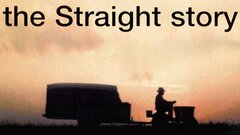



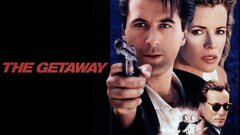



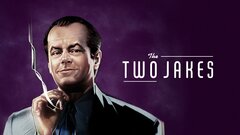
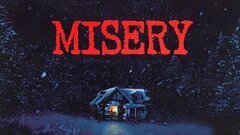










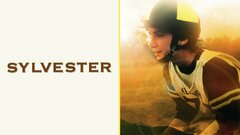
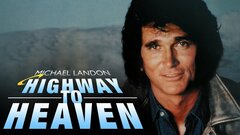

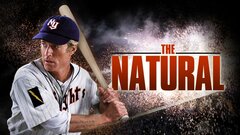






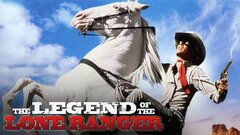


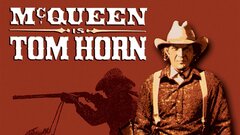
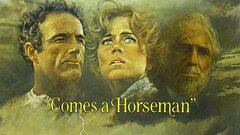

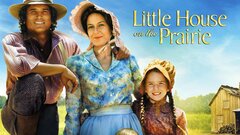

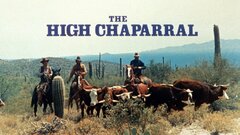


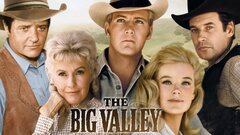
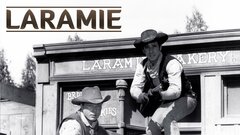
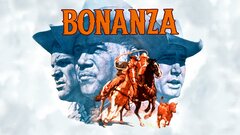


![Photo by: Jonathan DunnSTAR MAX, Inc. ©2000ALL RIGHTS RESERVEDTelephone/Fax: (212) 995-1196Richard Farnsworth(Newscom TagID: starmax006250) [Photo via Newscom]](https://media.baselineresearch.com/images/2141712/2141712_small.jpg)












































